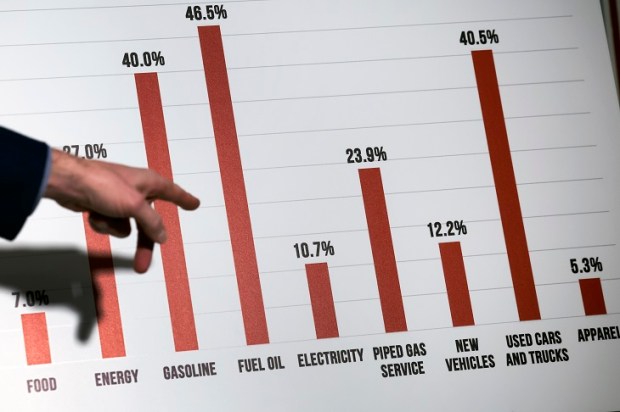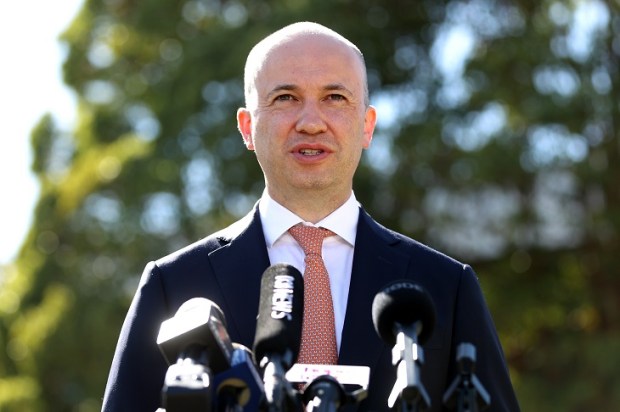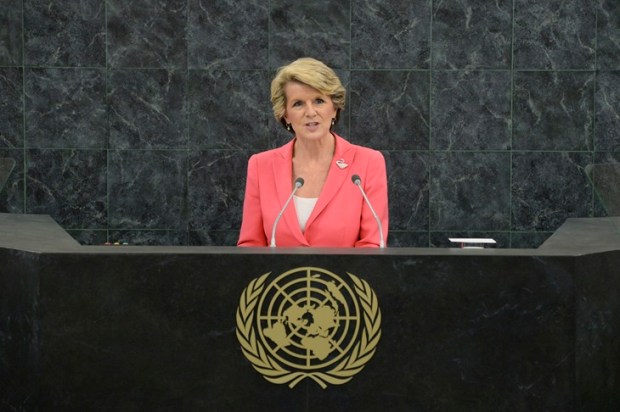As someone perpetually infuriated by the general public, I’m not quite sure why I enjoy train travel so much. Taking a kind of masochistic pleasure in disapproving of other people is certainly a trait engrained in the British make-up, but I can’t quite accept that this is my main motivation. Put it this way: I enjoy the graceful, settled progress through the countryside that only the railways can allow; and I tolerate my fellow passengers. A price worth paying. Just about…
This matter rose to the forefront of my mind on a recent commute when I identified for the first time what I believe people refer to (admittedly often derisively) as ‘gentle parenting’. This, I understand, contrasts sharply with the Victorian method of child-rearing, which involved regular beatings, force-feeding gruel, and sending them with a brush up a dirty chimney. No, no. Such barbarism belongs in the Dark Ages – in the modern parent/child dynamic, the child is undoubtedly the most violent participant. The 21st Century gentle parent reasons with their child, showing them the consequences of their actions, thus enlightening them and guiding them toward civilised society.
Several seats ahead of me on the train, at a table, a middle-aged couple wrangled with two little girls of perhaps three or four. Well, wrangled perhaps implies too much activity on their part. One child repeatedly attempted to climb over her chair into the seats behind, while her father sat glued to his phone. The mother, meanwhile, chatted away to the second girl in nasal middle-class tones, seemingly unaware of the gymnastic feats of her first bundle of joy. She explained, while the second child spoke over her, the intricacies of the school year to which she would belong:
‘Now, Poppy will be in Primary Two, but if she was born a month later she’d be in Primary Three. Of course, if we still lived in London then that would be Year One, or Year Two…’
On it went. All the while her daughter hammered her fists on the table and stood up with her shoes on the seat, hand above her eyes like a look-out on a pirate ship. I have no doubt she was enthralled by these bureaucratic minutiae.
I mention they were middle-aged purposefully. I cannot believe that the steady increase in the age of parents nowadays has no impact on the social development of their children. When the possibility of adding more becomes less likely, and when children are fewer, do they become more precious? Are they then spoiled?
We imagine the West is advanced, and technologically that may be so, but our moral sensibilities seem unable to keep track. It is a modern vice that we struggle to hold two different ideas in our heads at the same time. We obsess over absolutes. No one sane can pine for the days when children were abused and sent off to work in coal mines, but we must begin to accept that things may well have moved too far in the opposite direction. Was Rousseau really serious to suggest we are born good and corrupted by society? Had he suffered some temporary lapse in his mental state?
Children ruthlessly and perpetually test the boundaries of those around them; indeed, the process of socialisation is one of their feeling out those boundaries, of mapping the constraints of acceptability. A badly behaved child is such an embarrassment precisely because a well-behaved child is such a joy, and we know that to some extent we (as a society and as individuals) shape their behaviour.
With our softening – and perhaps sentimentalising – attitude to children, we must accept that we have lost something too. In a shop the other day some young boys were throwing chunks of ice from a drinks cup at one another. They were asked by staff to leave, and they laughed. They didn’t apologise, they didn’t skulk off… They didn’t even run. They laughed. And why not? What would happen to them? Nothing. They have pushed on authority’s door and it has swung open, on creaky hinges.
There are no solutions, says Thomas Sowell, only trade-offs. Any evolutionary biologist could well attest to that. Perhaps a courteous, orderly society requires discipline; and discipline, however distasteful it may be, requires rules, deterrence, and punishment. But that would be an ugly reality we’d have to be grown-up ourselves to contemplate.
I was glad to get off the train. When Christ enjoined us to ‘suffer the little children’, He clearly had commuting in mind.
Jamie C. Weir is an evolutionary biologist and writer. He tweets at @Jamie_C_Weir.
Got something to add? Join the discussion and comment below.
Get 10 issues for just $10
Subscribe to The Spectator Australia today for the next 10 magazine issues, plus full online access, for just $10.


























Comments
Don't miss out
Join the conversation with other Spectator Australia readers. Subscribe to leave a comment.
SUBSCRIBEAlready a subscriber? Log in